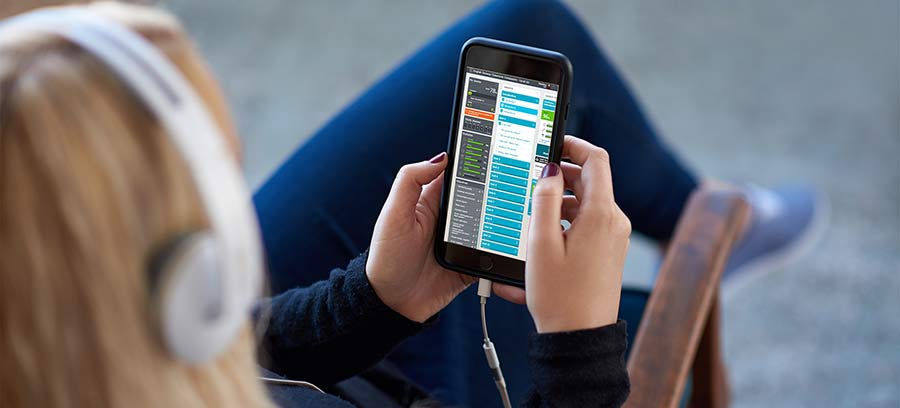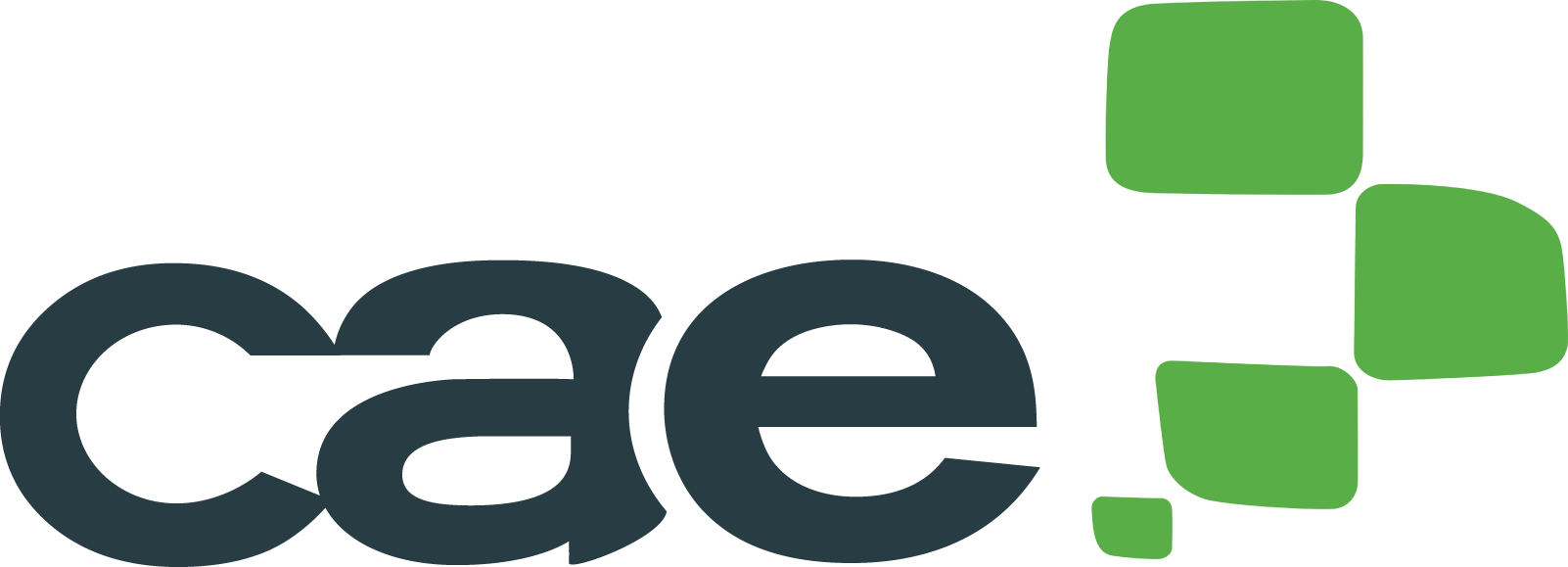Mobile Learning (M-Learning) is gaining weight as a learning methodology for a multitude of specialties and subjects. It is distinguished by its use of mobile applications to provide students with e-learning courses, so that they can be taken in person, remotely or through a mixed or blended model.
Its characteristics make it an ideal option to ensure reliable, high quality education in a period of time marked by the COVID-19 pandemic and its consequences. In the current context – in which social distancing is practically a necessity, technology offers an invaluable solution that educators and schools should take advantage of.

The 6 effectiveness indicators for M-Learning
However, as with any teaching method, M-Learning needs to establish a series of criteria and indicators to measure its degree of effectiveness and determine whether students are really able to make the most of its advantages. To do this, we have gathered some keys points to keep in mind that can help us check if our mobile learning method is achieving its objectives.
Specifically, we have divided these Mobile Learning learning indicators into 6 categories, according to the different aspects they cover:
1. At a technical level:
- Do we have the appropriate means to teach this type of methodology? It is essential to have a good internet connection in the school, as well as for the devices and applications necessary to carry out the classes.
- Do students use the devices during classes or during the time stipulated for their use? It is important to make sure that they have their mobiles or tablets turned on, that they have accessed the platforms or applications and that they remain active on them. With this in mind, it may be a good idea to use tools that measure the time they use these educational services.
2. Digital competence:
- How does the teacher deal with technology? Logically, every teacher who is part of digital education must have sufficient knowledge of the material, the devices and the ability to use them effectively. In fact, it is essential that they be trained to produce relevant content that is perfectly adapted to this fully technological environment.
- Do students know how to use mobile devices and take advantage of the tools at their disposal? As with teachers, before choosing Mobile Learning as the ideal option, the user needs a minimum knowledge of how to use mobile devices and to access the digital solutions that are offered.
3. Previous knowledge and feedback in the study group:
- What prior knowledge do students have about the subject being taught? This is not exclusive to M-Learning, but it is useful in any teaching methodology, since knowing where each student is before starting is a great way for the teacher to carry out the ideal approach.
- Is there fluid, regular interaction between teacher and student? Digital tools favor communication, curiosity and resolution of doubts, etc. If there is a smooth exchange of information, we can take that as an indication that we are working along the right lines.
- How is the student’s relationship with his/her classmates? Mobile device applications also favor contact between peers outside of the classroom. Normally, they are well-integrated with social networks, so they can be the ideal way to promote a feeling of belonging and to encourage positive group dynamics.
4. Focus of the study material:
- Do the lessons take advantage of all the possibilities offered by the use of tablets and mobile devices? Digital technology allows the use of audio and video, as well as offering possibilities that help promote student immersion. Therefore, aspects such as interactivity, multimedia language or timelessness should be favored.
- Is the material adapted to the particularities of the environment? It is proven that in digital environments it is more challenging to retain attention. That’s why Mobile Learning needs to focus on simplicity, using small units or pills that facilitate retention and avoid student fatigue.
5. Students’ attitude towards the lessons:
- Do students take advantage of the greater flexibility to follow the lessons? One of the advantages of Mobile Learning is that it allows classes to be adapted to the needs of teachers and students. Therefore, it will be very useful to find out if the latter really take advantage of this aspect.
- Is there a greater commitment and participation in the activities? Usually, the digital environment is welcoming, making learning attractive, which in turn encourages students to be more motivated and proactive. Therefore, regular participation is a good sign.
- Do the students meet the established deadlines and even anticipate them? The ease of managing tasks and deadlines can help users not to feel too overwhelmed when preparing assignments, as is often the case in normal classes. If a teacher sees that deadlines are being met, they can assume things are running smoothly.
- How do the students themselves value their learning? Are they motivated? Education must be seen as a service and so asking the students themselves for their opinions helps them to value the chosen M-Learning method. They should be invited to comment not only on the positive aspects, but also on what they think could be improved.
6. Evaluation of results:
- Do the results obtained meet initial expectations? Have we met the objectives? At the end of each course it is time to evaluate performance and these observations will help us, in turn, to assess the methodology we have used. We can analyze the work of all involved and identify both the strengths and the weaknesses of our Mobile Learning system.
Dexway, the language courses that are fully adapted to M-Learning
At CAE we are very aware of the possibilities that M-Learning offers in order to help students achieve all the objectives that they are set. Throughout our four decades of experience, we have gradually adapted to the educational possibilities that technology offered us; which is how we began specializing in digital teaching from the very beginning.
A good example of this can be seen in our Dexway language courses and our specialized e-learning education division. It offers the best educational solutions on the market, offering quality language learning for training centers, large companies, organizations and educational centers.
Our self-study courses offer direct solutions with Dexway LMS or SCORM license for our Moodle e-learning platform, as well as for any other platform that is fully compatible with this standard. This allows for the creation of online communities 24 hours a day, 7 days a week, offline access to applications, organization through a planner and continuous monitoring of student progress and achievements. All these tools are in a multi-device format, with 8 available languages – which have, in turn, different learning levels.
If you are looking to start learning a new language or to improve your language skills in a simple, comfortable, fun and effective way do not hesitate to try the Dexway experience, we are sure you’ll be pleasantly surprised.

